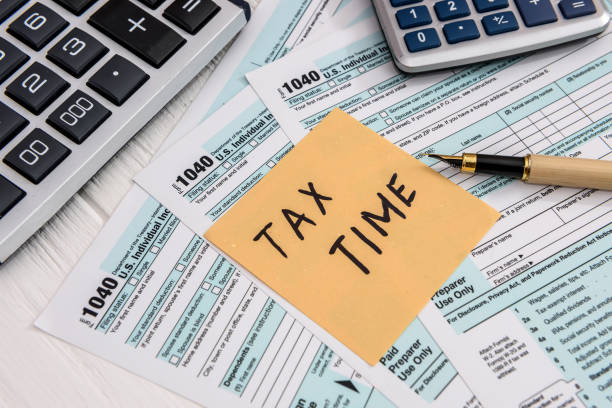Phoenix, Arizona, has become a beacon for those seeking a vibrant lifestyle, job opportunities, and endless sunshine. With approximately 200 people moving to Phoenix every day, the city’s allure is undeniable. However, amidst the influx of newcomers, one burning question remains: Can you afford to live in Phoenix, Arizona?
In this blog, we’ll delve into various aspects of living in Phoenix, from housing costs to transportation, healthcare, and beyond, providing insights to help you make informed decisions about relocating to the Valley of the Sun.
Housing Costs
Phoenix’s housing market has experienced a significant surge in recent years, driving prices upward. While the city was once considered a “sleeper” in terms of affordability, the cost of living, particularly housing, has risen steadily. Currently, housing costs in Phoenix are 24% higher than the national average. The average rental size is approximately 1,625 square feet, with rents averaging $2,210 per month. For larger homes, such as four-bedroom properties, rents can reach $2,720 per month. Despite the increase in housing prices, the median sales price for homes has slightly decreased to $433,500, making homeownership a viable option for many.

Median Income and Job Growth
Although housing costs have risen, Phoenix boasts a steadily increasing median income, currently averaging around $65,000 per year. With an unemployment rate of 4%, below the national average, job opportunities abound in Phoenix. Projections indicate robust job growth of 48.2% over the next decade, surpassing the national average, fueled by corporate relocations and a thriving business environment.
Utilities and Maintenance
Utilities in Phoenix, including water, sewer, trash, and electricity, are slightly above the national average, costing approximately $262 per month. Internet and cell phone services add an average of $86 and $82-83 per month, respectively. Additionally, homeowners should budget for maintenance costs, including landscaping and pool upkeep, which can range from $50 to $150 per month, depending on the frequency and services required.

Transportation and Gas Prices
While Phoenix offers a mass transit system and efficient bus routes, 74% of residents prefer commuting by car. The average commute time is 25.4 minutes, below the national average. Gas prices in Phoenix average $3.37 per gallon, slightly higher than the national average. Overall transportation costs in Phoenix are 6% higher than the national average.
Food and Groceries
Grocery prices in Phoenix are 3% lower than the national average, making it an affordable city for food shopping. Staple items like bread, bananas, ground beef, and milk are competitively priced compared to other U.S. cities.
Healthcare
Phoenix boasts quality healthcare facilities, including the prestigious Mayo Clinic, with healthcare costs 7% lower than the national average. Average costs for dentist, doctor, and optometrist visits range from $99 to $117. Gym memberships, an essential aspect of healthcare, average $512 annually.

Taxes
Arizona’s tax rates are among the lowest in the country, providing financial relief for residents. The state income tax rate is a flat 2.5%, and property taxes average 0.57% of assessed property value. Sales tax, including county and city taxes, averages around 8.3-8.5%.
Conclusion
Living in Phoenix offers a balance of affordability, opportunity, and lifestyle amenities. While housing costs have risen, the city’s thriving job market, lower-than-average taxes, and diverse recreational opportunities make it an attractive destination for individuals and families alike.
Whether you’re considering a move to Phoenix or already call it home, understanding the city’s cost of living dynamics is crucial for financial planning and quality of life. With its sunny climate, robust economy, and affordable lifestyle, Phoenix continues to shine as one of America’s most desirable cities to live in.




